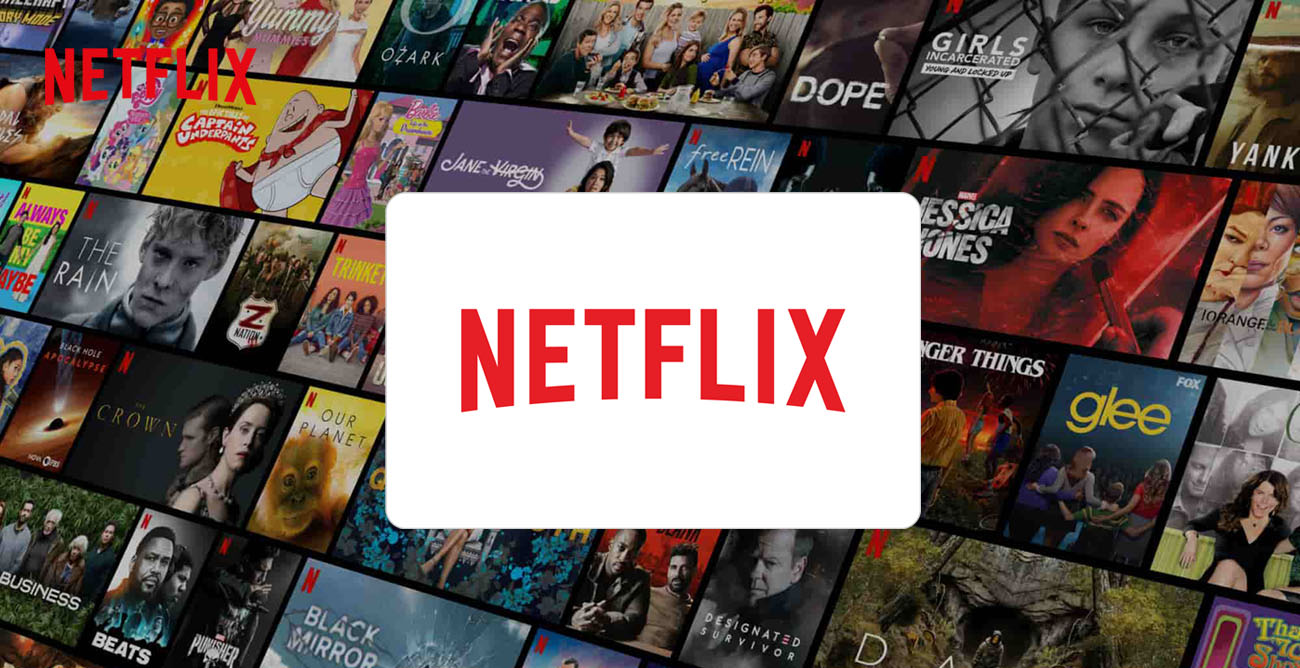In 2023, Netflix password sharing crackdown explained: What is it, who is affected and more

In 2023, Netflix password sharing crackdown explained: What is it, who is affected and more
As per recent reports, Netflix has implemented a crackdown on password sharing in India. This initiative was initially introduced as a pilot project in Canada and a few other countries before expanding to the United States. Now, India is the latest major market where Netflix aims to drive a significant increase in user subscriptions by taking a strict stance on password sharing.
The concept of anti-password sharing is aimed at putting an end to the practice of multiple users sharing a single Netflix account to access movies and shows on the platform. With this move, Netflix seeks to encourage every individual to have their own dedicated subscription to the service.

Password sharing has been a common practice among Netflix users worldwide, allowing friends or family members to access the platform’s content without having their own subscription. While this has led to increased viewership, it has also resulted in potential revenue losses for Netflix.
By cracking down on password sharing, Netflix expects to convert these shared accounts into individual subscriptions, thereby boosting its user base and revenue. The implementation of this measure in India reflects the company’s commitment to addressing the issue of account misuse and ensuring that every user is appropriately contributing to the service they enjoy.

As Netflix continues to expand its global reach and secure its market position, initiatives like this one are designed to optimize its business model and maintain a sustainable growth trajectory. However, it remains to be seen how Indian audiences will respond to this new policy and its potential impact on Netflix’s subscriber numbers in the country.
How does the crackdown on password sharing work?
Indeed, Netflix has made a significant change in its stance on account sharing, shifting away from its previous more lenient approach of “sharing is caring.” The company now emphasizes that a “Netflix account is for use by one household.”
This means that users are allowed to use a single account across multiple devices as long as they all belong to individuals who are part of the same household, residing under one roof.
The updated policy clarifies that all members living within the same household can freely access and use the Netflix service, regardless of their location. Whether they are at home, on the go, or even on holiday, they can continue to enjoy Netflix content seamlessly using the shared account.

By implementing this new account sharing policy, Netflix aims to strike a balance between allowing legitimate household members to utilize a single account and preventing excessive account sharing that goes beyond the intended scope of household use.
This move could also be an effort to address concerns related to unauthorized account sharing, which may have been affecting the company’s revenue and profitability.
Overall, the updated policy reflects Netflix’s desire to ensure that its content is accessed and enjoyed by genuine subscribers while discouraging excessive sharing that could undermine its subscription model.
By focusing on “one household” usage, Netflix seeks to maintain a fair and sustainable approach to account sharing, benefitting both the company and its legitimate subscribers.
Netflix provides further clarification on what constitutes a “Netflix Household” to ensure a clear understanding for its users. According to Netflix’s explanation, a “Netflix Household” refers to a collection of devices connected to the internet at the primary location where you watch Netflix.
In other words, devices that are linked to the same internet connection at the main place of Netflix usage are considered part of one household.
The number of devices within a Netflix Household can vary and may include two, three, four, or more devices, depending on how many are connected to the same internet connection.
To determine whether a device belongs to a particular Netflix Household, the company tracks and analyzes various information, such as IP addresses, device IDs, and account activity. This helps Netflix ensure that only authorized devices within the same household have access to the shared account.
Notably, Netflix clarifies that it does not use GPS data to pinpoint the exact physical location of devices. Instead, it relies on the data mentioned earlier to identify if a device is legitimately part of a Netflix Household or not.
This level of explanation demonstrates Netflix’s effort to transparently communicate its policies and reassure users that the company’s intent is to uphold a fair and secure approach to account sharing.
By providing these details, Netflix aims to strike a balance between allowing legitimate household members to use a single account while preventing unauthorized access from devices that don’t belong to the same household.
What happens if your friend is your Netflix?
Netflix will attempt to identify your primary location, either automatically through your watch history or by manually setting it up. Users can designate their primary household by following the provided steps, and a verification link will be sent for confirmation.
Individuals outside the primary household will be encouraged to subscribe independently, and using another account may lead to potential account suspension.
Although Netflix has announced its crackdown on password-sharing, some aspects remain unclear. For example, the impact on Premium subscription users and users using VPNs to mask their IP addresses has not been fully addressed.
Furthermore, an “extra” member plan, allowing primary users to add members outside their household to their subscription, has not yet been introduced in India.




